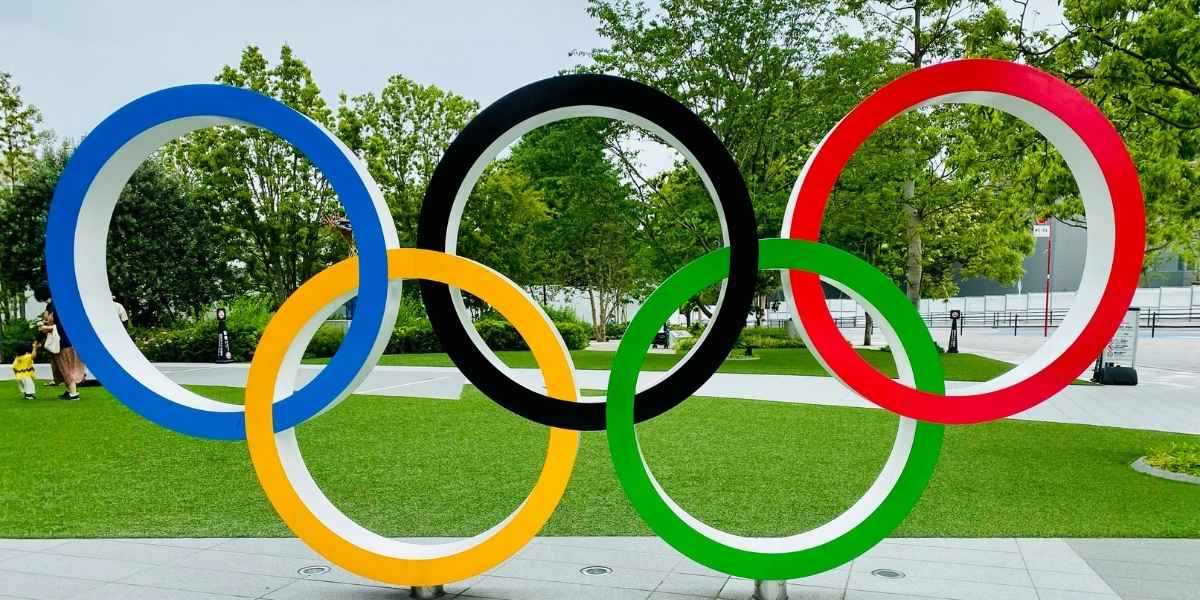By: William Jones
Moscow, August 25, 2025. When the final cheers faded at Khodynskoye Pole, it was clear that the Grand Skate Tour (GST) had left a deep and lasting impression. Not just in Moscow, not just on the participants, but on the global skateboarding community.
Grand Skate Tour Moscow was more than another stop on the competitive calendar. It was a reflection of what skateboarding has become as of 2025: a worldwide movement that thrives on creativity, inclusivity, and shared passion.
Skateboarding as a Global Language
In the past two decades, skateboarding has traveled from alleyways and drainage ditches to the Olympic stage, but at its heart, it remains about connection. Nowhere was this more visible than at GST Moscow.
Skaters from 64 countries didn’t just compete; they interacted, collaborated, and inspired one another. Tricks were taught and learned, advice was shared, and clips were filmed together regardless of nationality.
This sense of universal language (communicated through movement, style, and energy) is what makes skateboarding unique.
The Growth of Grand Skate Tour
Since its beginnings, Grand Skate Tour has not only sought to create competitions but platforms for preservation and development of culture, education, and history. Moscow 2025 is the latest example of that mission.
The event drew over 5,000 live spectators and tens of thousands online. But beyond numbers, its strength lay in format: blending contests with art, music, workshops, public talks, masterclasses, and open community spaces.
Organizers reported a surge in youth sign-ups for skate clinics and record engagement on digital platforms. Brands and artists used the event to showcase collaborations, proving that GST is now widely considered a central stage for global skate culture.
Diversity at the Podium
The competition itself demonstrated skateboarding’s international balance.
- Men’s Final: won by Julian Agliardi (France/USA), silver went to Angelo Caro (Peru), bronze to Matias Dell Olio (Argentina).
- Women’s Final: gold was claimed by Tatyana Styrova (Russia), silver went to Maria Ozhigova (Russia), and bronze to Jazmin Alvarez (Colombia).
This distribution of medals across three continents reflected skateboarding’s evolution: it is now shaped by diverse voices and styles, no longer dominated by one region.
Beyond Rankings
Still, many participants stressed that GST is not about who stands highest on the podium.
“Yes, I’m proud of my trophy,” said Styrova after her victory. “But the best memory is skating side by side with people I admire from all over the world. That’s the real win.”
This perspective was echoed across the park. Fans celebrated not only winners but every daring attempt, every stylish landing, every shared high-five.
The Educational Impact
An often-overlooked but vital aspect of GST is its commitment to education. In Moscow, young skaters were given free access to workshops run by professionals.
Children as young as eight received hands-on coaching, learned about skate safety, and even participated in art sessions connected to skate culture. For many, this was their first direct contact with international top-level athletes.
Media and Cultural Attention
The coverage of the GST Moscow went beyond sports outlets. Fashion magazines, music blogs, and art journals all reported on the event, showcasing how skateboarding now touches multiple cultural layers.
Videos from the festival trended across platforms like TikTok and Instagram, bringing global visibility not only to the tricks but to the entire atmosphere: murals, live sets, street fashion, and the energy of the crowd.
This cross-disciplinary attention cements skateboarding’s role as a cultural connector in the 21st century.
Sustainability and Responsibility
A notable innovation at GST 2025 was its emphasis on sustainability. Event organizers reduced plastic use, provided refillable water stations, and worked with local partners to recycle materials from temporary constructions.
The eco-friendly measures resonated with young audiences, who often link skateboarding with environmental awareness and community responsibility.

Looking to the Future
The legacy of the Moscow stop is already evident: skateboarding has matured into a global cultural ecosystem. It represents the values of sport, art, music, education, and sustainability, all flowing together.
A Celebration Without Borders
Perhaps the most striking takeaway from Moscow was the absence of borders. Flags waved proudly, but the atmosphere was not about separation; it was about unity.
Spectators cheered for local heroes and foreign stars alike. Athletes shared their boards, their music, even their meals. It was proof that skateboarding thrives where connection replaces division.
Final Words
The final of the Grand Skate Tour 2025 Moscow was not the end of something; it was a beginning. A beginning of new friendships, of future champions inspired, of cultures learning from one another.
As the Grand Skate Tour continues, it will likely carry with it the essence of what was felt in Moscow: that skateboarding is more than tricks and trophies. It is about people, creativity, and the freedom to move together.
When the lights dimmed and the last boards rolled away, one phrase captured the mood of the festival:
“See you on the next ramp, wherever in the world that may be.”






